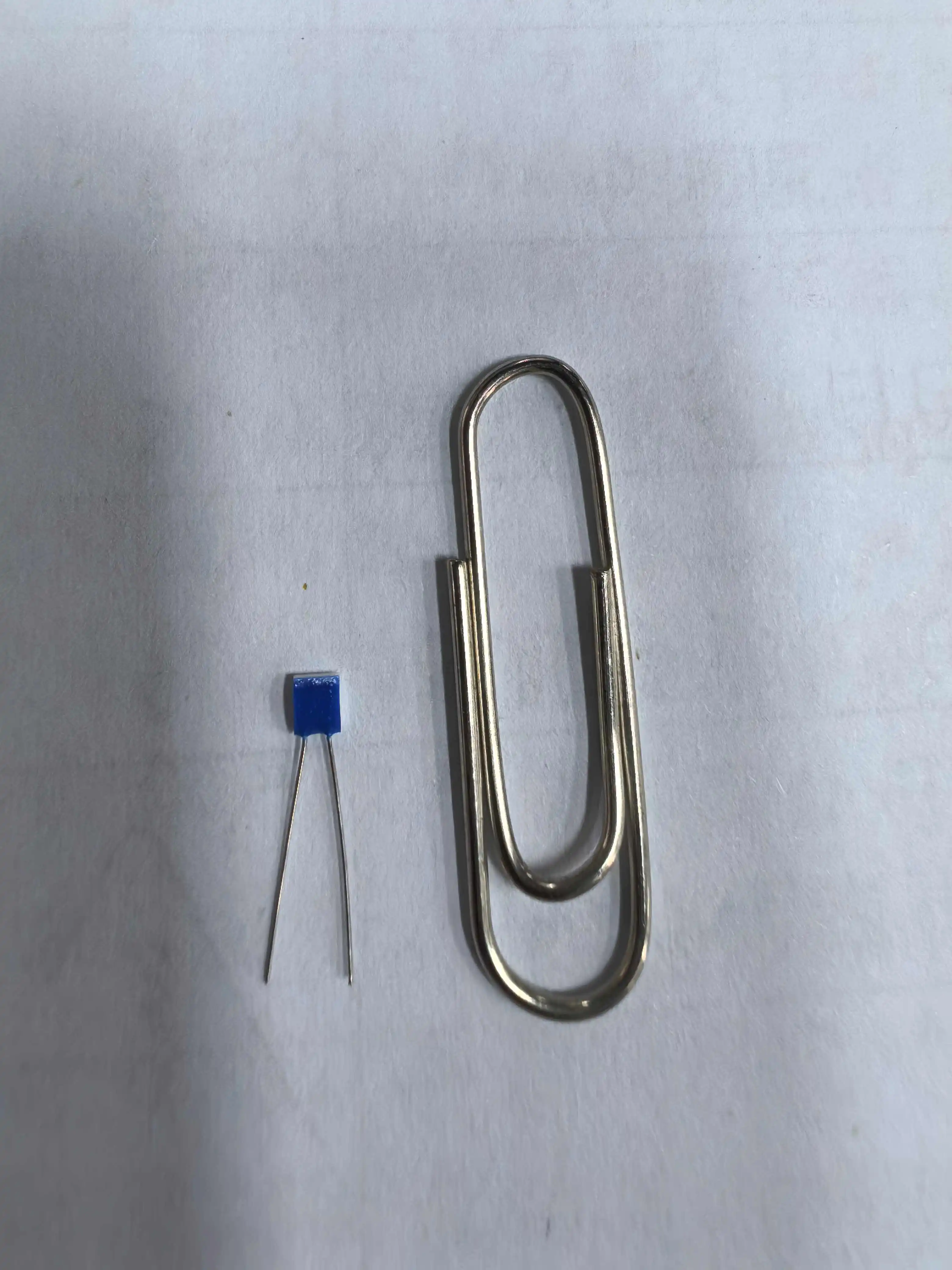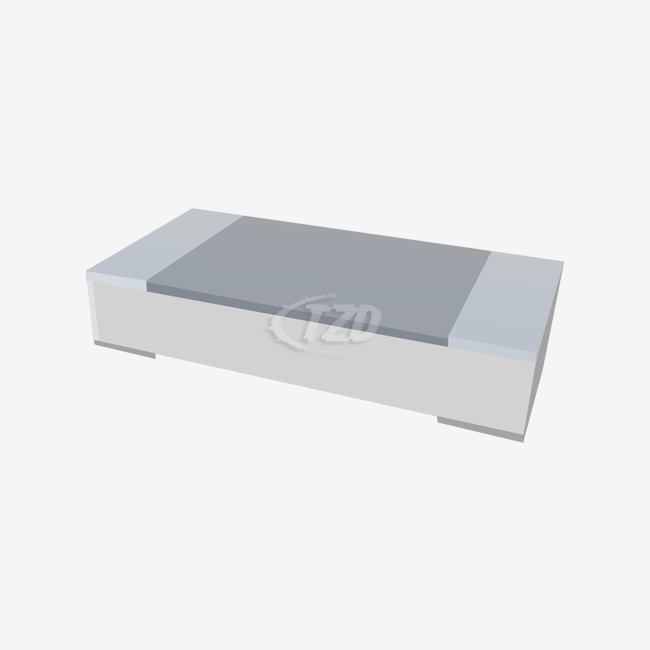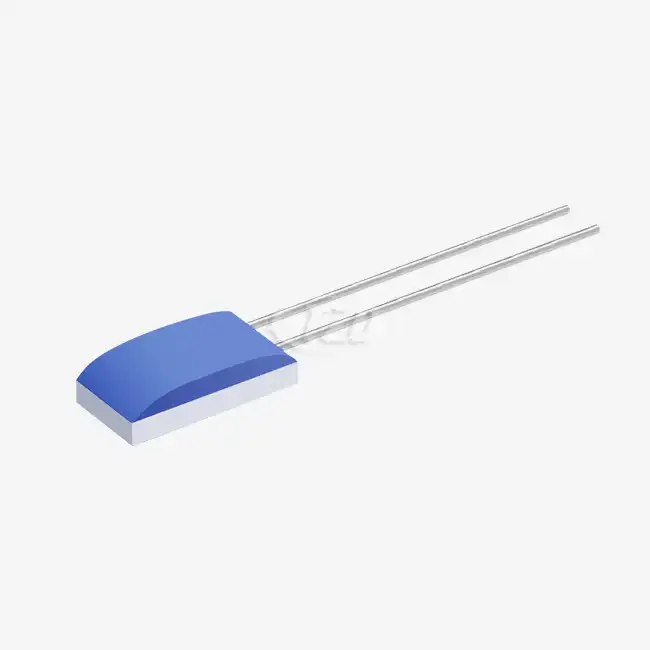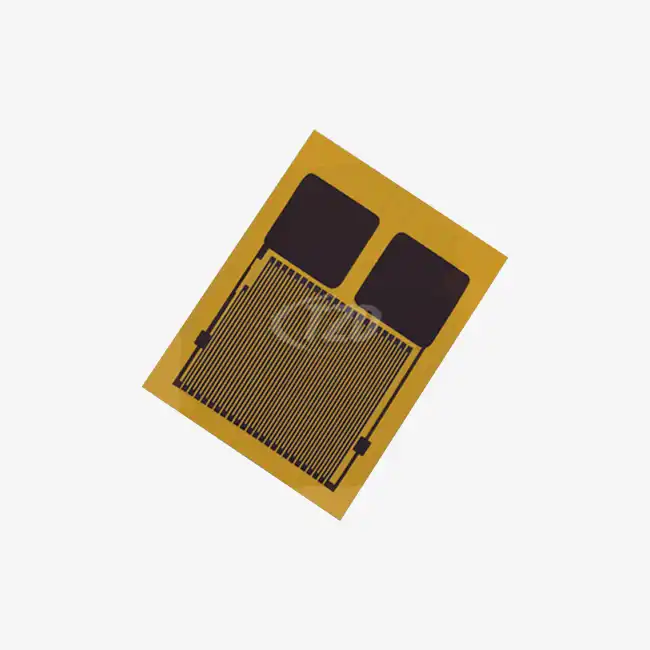Introducing the Technology Behind Thin Film Pt100 Sensors
Thin Film Pt100 sensors represent a significant advancement in temperature measurement technology. These sensors utilize a thin layer of platinum deposited on a ceramic substrate, offering superior accuracy and faster response times compared to their wire-wound counterparts. The "Pt100" designation indicates that the sensor is made of platinum (Pt) and has a resistance of 100 ohms at 0°C.
The Manufacturing Process of Thin Film Pt100 Sensors
The production of Thin Film Pt100 sensors involves a sophisticated process that requires precision and expertise. At Tongzida, this process begins with the design of the temperature-sensitive chip. The company has established a state-of-the-art platform for designing, processing, packaging, and testing these chips. This comprehensive approach ensures that each sensor meets the highest standards of quality and performance.
The manufacturing process involves depositing a thin layer of platinum onto a ceramic substrate using advanced sputtering techniques. This method allows for precise control over the thickness and uniformity of the platinum film, which is crucial for achieving accurate temperature measurements. After deposition, the sensors undergo a series of processes, including laser trimming to achieve the desired resistance value and stability.
Key Features of Tongzida's Thin Film Pt100 Sensors
Tongzida's Thin Film Pt100 sensors boast several impressive features that set them apart in the market. These sensors comply with the IEC60751 standard, ensuring international compatibility and reliability. The temperature coefficient of 3850ppm/℃ provides excellent sensitivity across a wide temperature range of -200℃ to +850℃.
One of the standout characteristics of Tongzida's sensors is their exceptional accuracy, with a tolerance of ± 0.01 Ω. This level of precision is crucial for applications that require highly accurate temperature measurements. Additionally, the long-term stability drift of ≤ 0.04% demonstrates the sensors' reliability over extended periods of use.
Tongzida offers customization options for their Thin Film Pt100 sensors, with sizes ranging from 1.2mm to 4.0mm and various lead materials available, including platinum nickel, silver nickel, and pure platinum. This flexibility allows customers to select the sensor that best fits their specific application requirements.
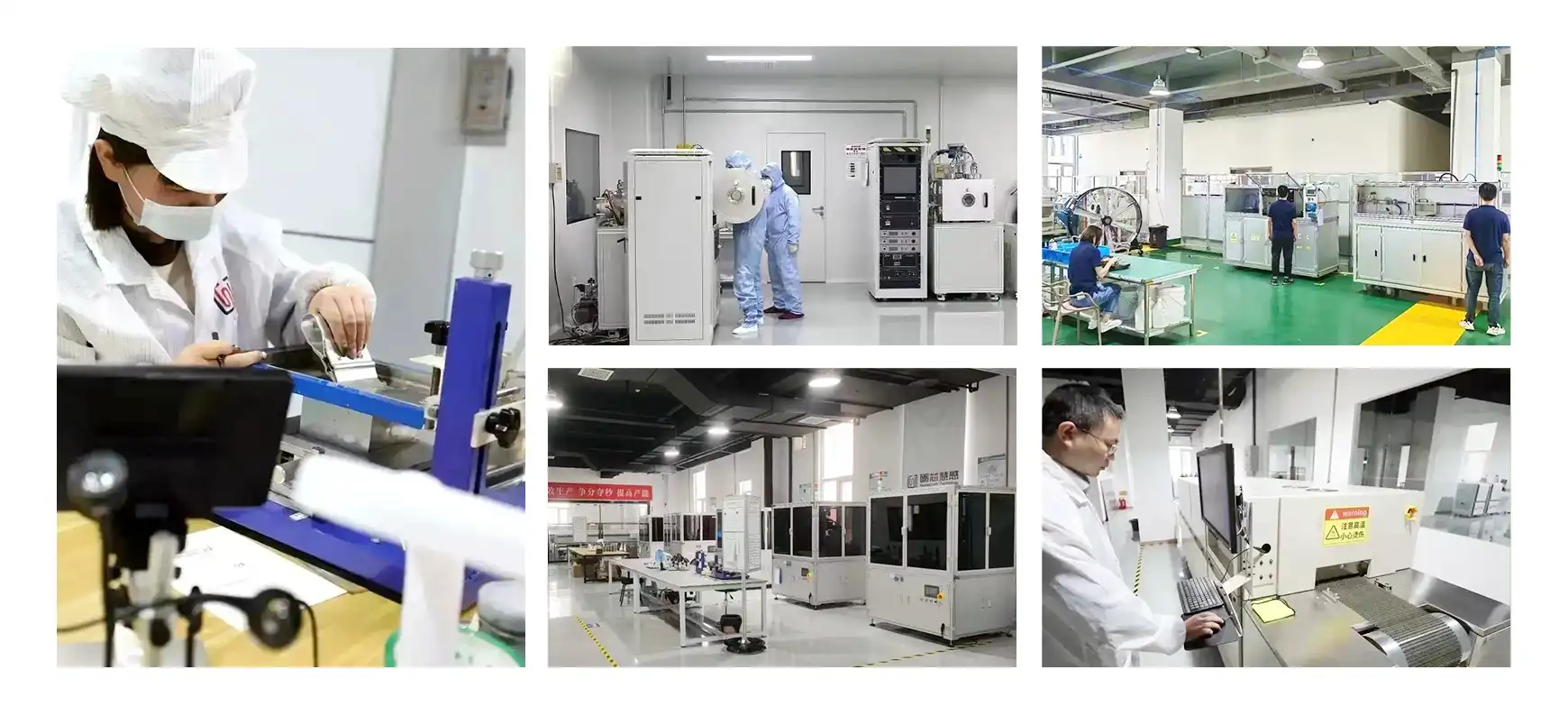
Applications and Advantages of Thin Film Pt100 Sensors
Thin Film Pt100 sensors have found widespread use across numerous industries due to their exceptional performance characteristics. These sensors excel in environments where precise temperature measurement is critical, making them invaluable in a range of applications.
Industrial Applications
In industrial settings, Thin Film Pt100 sensors play a crucial role in process control and monitoring. Their ability to provide accurate temperature readings in harsh environments makes them ideal for use in chemical processing plants, food and beverage production facilities, and petrochemical industries. The sensors' quick response time of up to 0.05 seconds allows for real-time temperature monitoring, enabling rapid adjustments to maintain optimal process conditions.
Medical and Healthcare Applications
The medical field relies heavily on precise temperature measurements for patient care and diagnostic equipment. Thin Film Pt100 sensors are used in a variety of medical devices, including incubators, blood analyzers, and sterilization equipment. The sensors' high accuracy and stability ensure reliable temperature control, which is essential for maintaining the integrity of biological samples and ensuring patient safety.
Automotive and Aerospace Applications
The automotive and aerospace industries demand sensors that can withstand extreme conditions while maintaining accuracy. Tongzida's Thin Film Pt100 sensors, with their vibration resistance of 40g and impact resistance of 100g, are well-suited for these challenging environments. In automobiles, these sensors are used in engine management systems, exhaust gas recirculation systems, and battery temperature monitoring for electric vehicles. In aerospace applications, they play a critical role in monitoring engine temperatures, fuel systems, and environmental control systems.
Choosing the Right Thin Film Pt100 Sensor Supplier
When selecting a supplier for Thin Film Pt100 sensors, several factors should be considered to ensure you're getting the best quality and value for your investment.
Quality Certifications and Standards Compliance
A reputable supplier should have relevant quality certifications and comply with international standards. Tongzida, for instance, has obtained ISO9001 quality management system certification, as well as ROHS and CE certifications. These certifications demonstrate the company's commitment to maintaining high-quality standards throughout their production process.
Customization Capabilities
The ability to offer customized solutions is a significant advantage when choosing a Thin Film Pt100 sensor supplier. Tongzida's range of customization options, including various sizes and lead materials, allows customers to find sensors that perfectly match their specific requirements. This flexibility can be crucial for applications with unique constraints or performance needs.
Technical Support and Expertise
A supplier's technical expertise and support capabilities are vital for ensuring the successful implementation and ongoing performance of Thin Film Pt100 sensors. Look for suppliers who can provide comprehensive technical documentation, application support, and after-sales service. Tongzida's expertise in sensor design and manufacturing, coupled with their commitment to customer support, makes them a reliable partner for businesses seeking high-quality temperature measurement solutions.
Long-Term Stability and Reliability
The long-term performance of Thin Film Pt100 sensors is crucial for many applications. Tongzida's sensors demonstrate excellent long-term stability, with a resistance drift of R₀°C after 1000 hours at 200°C of ≤±0.06%. This level of stability ensures consistent and reliable temperature measurements over extended periods, reducing the need for frequent recalibration and maintenance.

Conclusion
As we look towards 2025, the importance of choosing a reliable and innovative supplier for Thin Film Pt100 sensors cannot be overstated. Tongzida's commitment to quality, advanced manufacturing techniques, and comprehensive product offerings position them as a trusted supplier in this field. Their sensors' exceptional accuracy, wide temperature range, and customization options make them suitable for a diverse range of applications across industries. For those seeking high-performance Thin Film Pt100 sensors backed by expertise and quality assurance, Tongzida represents an excellent choice. To learn more about their products and how they can meet your specific temperature sensing needs, contact them at sales11@xatzd.com.
